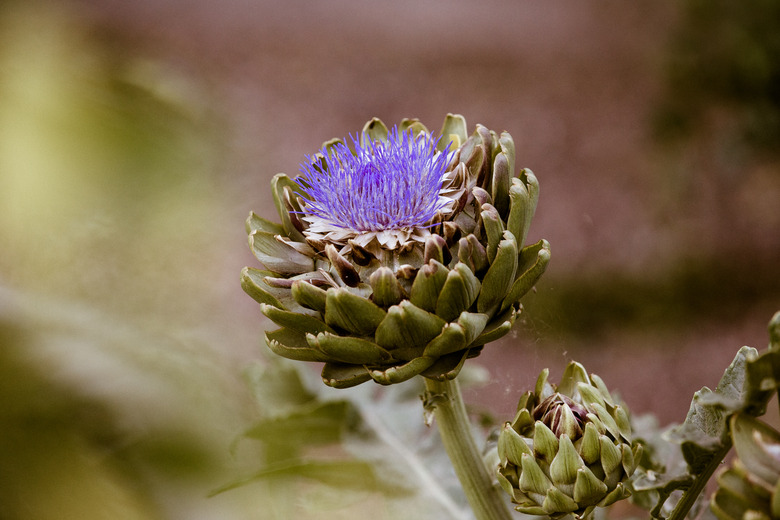Why Is Pollen Important?
Pollen is a plant's male DNA that is transported to the female part of the flower to enable the plant to reproduce. Because pollen contains DNA, it can be used to change a plant's traits. Such changes can increase harvest production or help a plant survive in a specific environment.
Uses
Uses
Pollen is used to manipulate plant traits. Cross-pollination is the process of fertilization between similar plants to improve them. Creating plants resistant to pests or dehydration or increasing crop production are a few changes made through cross-pollinating. Pollen can also be used by archeologists to determine what ancient civilizations used for food.
Structure
Structure
Pollen can spread with the wind or through interaction with insects. The outer wall of the pollen grain is strong to prevent damage during transport. The inner layer is similar to an ordinary plant cell. Microscopic in size, pollen grains are not visible individually to the eye. Clumps of pollen can be seen on insects that move from plant to plant. Only 10 percent of plants spread pollen without the help of insects.
Types
Types
Pollen types are identified by shape, size, and ornamentation of the outer wall. Pollen is usually round or oval but does come in other shapes. The outer wall contains pores and furrows, which allow shrinking and swelling. Changes in pollen size can be caused by changes in moisture within the pollen. Pollen surfaces can also be grooved or smooth.
All flowering plants create pollen, including grasses, trees and shrubs. Grasses and trees are the most common plants that spread pollen through the wind rather than with the help of insects.
Effects
Effects
Pollen is used in supplements to improve athletic performance or increase the strength of immune systems. Pollen can also create a variety of allergic reactions in people–wind-carried pollen such as grass and ragweed are the most common culprits. Pollen spread by insects rarely gets into the nose to create any allergies.
Protection from Allergens
Protection from Allergens
Allergies can be treated medically with over-the-counter medications or a doctor's prescription. Environmental controls can also reduce allergy symptoms. Know the local pollen count when planning outdoor activities. Minimize exposure at home by planning the landscaping to eliminate known allergens. Know and avoid concomitant foods. Eating certain foods can worsen some allergies, such as ragweed or pigweed–ragweed sufferers should avoid milk, and pigweed sufferers should avoid pork. Use an air filter system to reduce allergens in the home.
Cite This Article
MLA
Marcotte, Dawn. "Why Is Pollen Important?" sciencing.com, https://www.sciencing.com/pollen-important-5449540/. 22 November 2019.
APA
Marcotte, Dawn. (2019, November 22). Why Is Pollen Important?. sciencing.com. Retrieved from https://www.sciencing.com/pollen-important-5449540/
Chicago
Marcotte, Dawn. Why Is Pollen Important? last modified August 30, 2022. https://www.sciencing.com/pollen-important-5449540/
